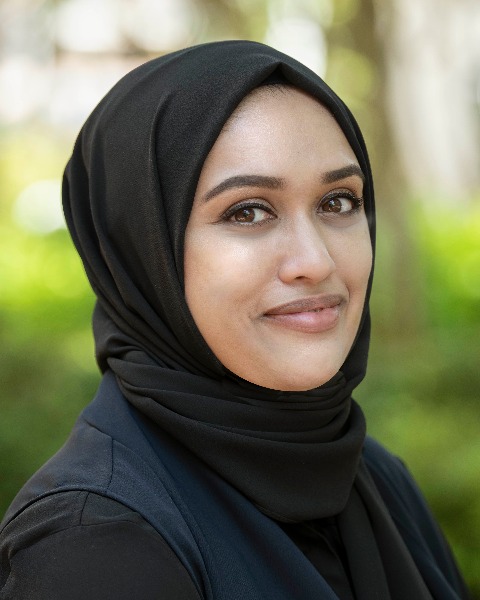Back
APA acknowledges that traffic patterns and transportation delays are unavoidable and beyond our control. When purchasing multiple tickets for mobile workshops and tours please allow a cushion of time between the arrival time of one workshop/tour the departure time of another workshop/tour.
Population Diversity and Inclusive Design
Reimagining Philadelphia’s Social Transect as the People’s Parkway
Monday, April 3, 2023
10:15 AM – 12:45 PM CDT
CM | 1.75
Ticket Price: $45Division Endorsement: Urban Design and Preservation Division

Tarana Hafiz (she/her/hers)
Houston, Texas
- EM
Emily McCoy
North Carolina
- CD
Corey Dodd
North Carolina
.jpg)
Lead Mobile Workshop Coordinator(s)
Mobile Workshop Guide(s)
Mobile Workshop Coordinator(s)
The Benjamin Franklin Parkway is a hub for cultural institutions, large and small events, exercise, and social activities. However, it faces high traffic volumes and speeds, unused spaces, lack of pedestrian continuity, and other challenges that make it less walkable and attractive. The Parkway’s future legacy depends on celebrating and serving Philadelphia’s cultural richness and diversity while offering a high-functioning public space.
This workshop examines a large-scale planning effort, characterized by equitable design and inclusive outreach, to reimagine a Parkway that is free of social and environmental injustices and that heals, inspires, and serves all Philadelphians.
Explore social diversity along the Parkway and notice its various users — from youth to tourists to unhoused people. Focus on "co-creation" and how low- and high-tech outreach methods facilitate a planning effort that reaches everyone. Examples include engagement methods like “meetings-in-a-box,” mapping techniques using Safegraph data that help planners understand neighborhoods underserved by current programming, and social media campaigns. All contribute to a plan that reflects the dreams and aspirations of Philadelphians — youth and seniors, BIPOC and white, abled and disabled, advantaged and disadvantaged.
This workshop examines a large-scale planning effort, characterized by equitable design and inclusive outreach, to reimagine a Parkway that is free of social and environmental injustices and that heals, inspires, and serves all Philadelphians.
Explore social diversity along the Parkway and notice its various users — from youth to tourists to unhoused people. Focus on "co-creation" and how low- and high-tech outreach methods facilitate a planning effort that reaches everyone. Examples include engagement methods like “meetings-in-a-box,” mapping techniques using Safegraph data that help planners understand neighborhoods underserved by current programming, and social media campaigns. All contribute to a plan that reflects the dreams and aspirations of Philadelphians — youth and seniors, BIPOC and white, abled and disabled, advantaged and disadvantaged.
Learning Objectives:
- Discover how to use both low- and high-tech outreach tools for equity planning in large-scale projects.
- Assess how inclusive planning can incorporate social diversity and maintain historic character in a reimagined Benjamin Franklin Parkway.
- Analyze linkages, connectivity issues, and activation gaps and articulate improvements that would make the Parkway a world-class public space.
